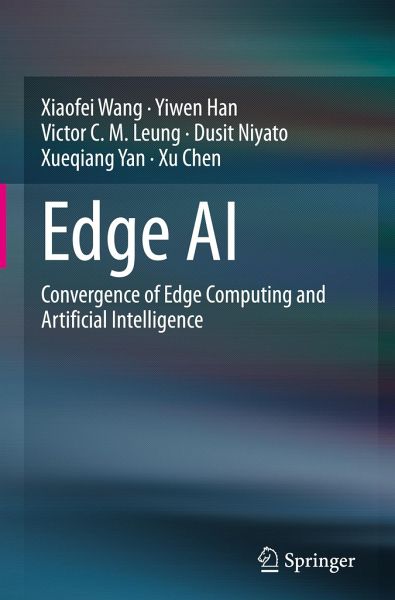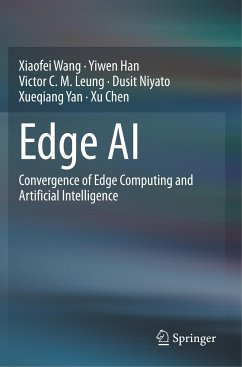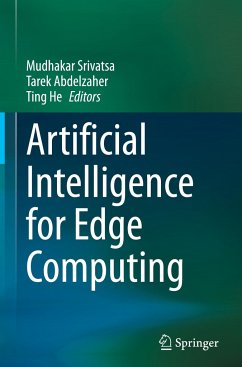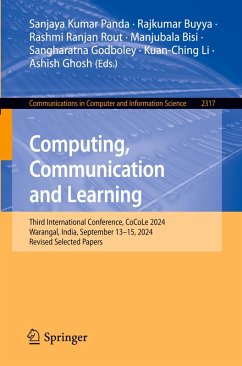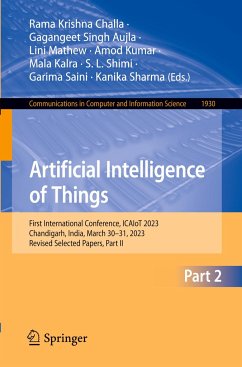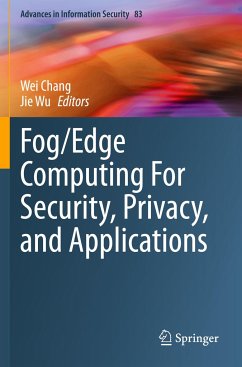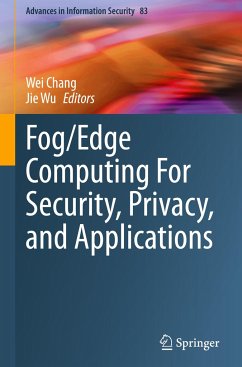Xiaofei Wang is currently a Professor with the Tianjin Key Laboratory of Advanced Networking, School of Computer Science and Technology, Tianjin University, China. He got Master and Doctor Degrees in Seoul National University from 2006 to 2013, and was a Post-Doctoral Fellow with The University of British Columbia from 2014 to 2016. Focusing on the research of social-aware cloud computing, cooperative cell caching, and mobile traffic offloading, he has authored over 100 technical papers in the IEEE JSAC, the IEEE TWC, the IEEE WIRELESS COMMUNICATIONS, the IEEE COMMUNICATIONS, the IEEE TMM, the IEEE INFOCOM, and the IEEE SECON. He was a recipient of the National Thousand Talents Plan (Youth) of China. He received the "Scholarship for Excellent Foreign Students in IT Field" by NIPA of South Korea from 2008 to 2011, the "Global Outstanding Chinese Ph.D. Student Award" by the Ministry of Education of China in 2012, and the Peiyang Scholar from Tianjin University. In 2017, he received the "Fred W. Ellersick Prize" from the IEEE Communication Society. Mr. Yiwen Han received his B.S. degree from Nanchang University, China, and M.S. degree from Tianjin University, China, in 2015 and 2018, respectively, both in communication engineering. He received the Outstanding B.S. Graduates in 2015 and M.S. National Scholarship of China in 2016. He is currently pursuing the Ph.D. degree in computer science at Tianjin University. His current research interests include edge computing, reinforcement learning, and deep learning. Prof. Victor C. M. Leung is a Distinguished Professor of Computer Science and Software Engineering at Shenzhen University. He was a Professor of Electrical and Computer Engineering and holder of the TELUS Mobility Research Chair at the University of British Columbia (UBC) when he retired from UBC in 2018 and became a Professor Emeritus. His research is in the broad areas of wireless networks and mobile systems. He has co-authored more than 1300 journal/conference papers and book chapters. Dr. Leung is serving on the editorial boards of the IEEE Transactions on Green Communications and Networking, IEEE Transactions on Cloud Computing, IEEE Access, IEEE Network, and several other journals. He received the IEEE Vancouver Section Centennial Award, 2011 UBC Killam Research Prize, 2017 Canadian Award for Telecommunications Research, and 2018 IEEE TCGCC Distinguished Technical Achievement Recognition Award. He co-authored papers that won the 2017 IEEE ComSoc Fred W. Ellersick Prize, 2017 IEEE Systems Journal Best Paper Award, 2018 IEEE CSIM Best Journal Paper Award, and 2019 IEEE TCGCC Best Journal Paper Award. He is a Fellow of IEEE, the Royal Society of Canada, Canadian Academy of Engineering, and Engineering Institute of Canada. He is named in the current Clarivate Analytics list of "Highly Cited Researchers". Prof. Dusit Niyato is currently a Professor in the School of Computer Science and Engineering, at Nanyang TechnologicalUniversity, Singapore. He was a Distinguished Lecturer of the IEEE Communications Society for 2016-2017. He was named the 2017, 2018 highly cited researcher in computer science. He is a Fellow of IEEE. His research interests are in the area of Internet of Things (IoT) and network resource pricing. Xueqiang Yan is currently a technology expert with Wireless Technology Lab at Huawei Technologies. He was a member of technical staff of Bell Labs from 2000 to 2004. From 2004 to 2016 he was a director of Strategy Department of Alcatel-Lucent Shanghai Bell. His current research interests include wireless networking, Internet of Things, edge AI, future mobile network architecture, network convergence and evolution. Xu Chen is a Full Professor with Sun Yatsen University, Guangzhou, China, and the vice director of National and Local Joint Engineering Laboratory of Digital Home Interactive Applications. He received the Ph.D. degree in information engineering from the Chinese University of Hong Kong in 2012, and worked as a Postdoctoral Research Associate at Arizona State University, Tempe, USA from 2012 to 2014, and a Humboldt Scholar Fellow at Institute of Computer Science of University of Goettingen, Germany from 2014 to 2016. He received the prestigious Humboldt research fellowship awarded by Alexander von Humboldt Foundation of Germany, 2014 Hong Kong Young Scientist Runner-up Award, 2016 Thousand Talents Plan Award for Young Professionals of China, 2017 IEEE Communication Society Asia-Pacific Outstanding Young Researcher Award, 2017 IEEE ComSoc Young Professional Best Paper Award, Honorable Mention Award of 2010 IEEE international conference on Intelligence and Security Informatics (ISI), Best Paper Runner-up Award of 2014 IEEE International Conference on Computer Communications (INFOCOM), and Best Paper Award of 2017 IEEE Intranational Conference on Communications (ICC). He is currently an Associate Editor of IEEE Internet of Things Journal and IEEE Transactions on Wireless Communications, and Area Editor of IEEE Open Journal of the Communications Society.
